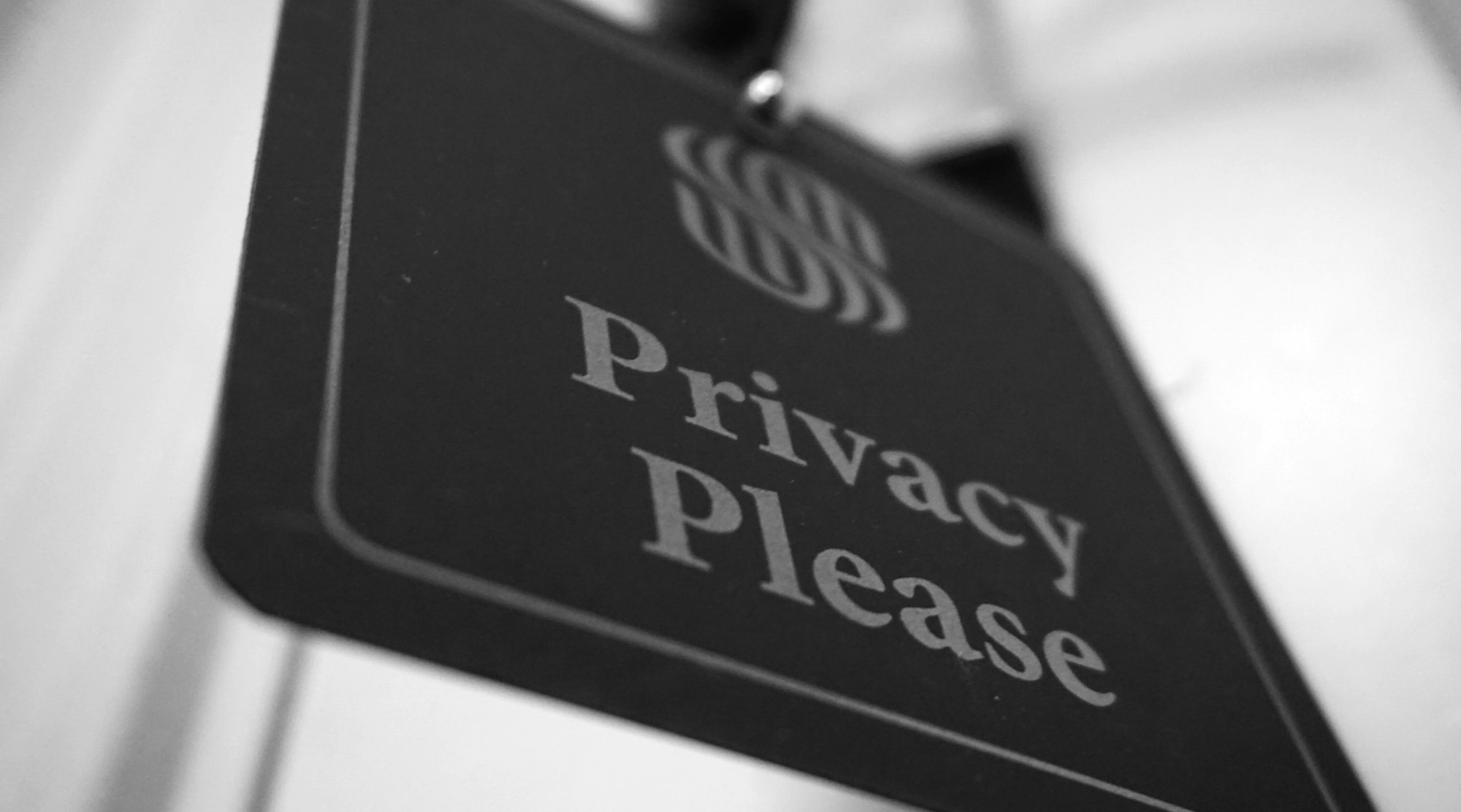
Your Privacy and Mozilla Hubs
At Mozilla, we believe that privacy is fundamental to a healthy internet. We especially believe that this is the case in social VR platforms, which process and transmit large amounts of personal information. What happens in Hubs should stay in Hubs.
Privacy expectations in a Hubs room
First, let’s discuss what your privacy expectations should be when you’re in a Hubs room. In general, anything transmitted in a room is available to everyone connected to that room. They can save anything that you send. This is why it’s so important to only give the Hubs link out to people you want to be in the room, or to use Discord authentication so only authorized users can access a room.
While some rooms may have audio falloff to declutter the audio in a room, users should still have the expectation that anyone in the room (or in the lobby) can hear what’s being said. Audio falloff is performed in the client, so anyone who modifies their client can hear you from anywhere in the room.
Other users in the room have the ability to create recordings. While recording, the camera tool will display a red icon, and your avatar will indicate to others with a red icon that you are filming and capturing audio. All users are notified when a photo or video has been taken. However, users should still be aware that others could use screen recorders to capture what happens in a Hubs room without their knowledge.
Minimizing the data we collect on you
The only data we need to create an account for you is your email address, which we store hashed in an encrypted database. We don’t collect any additional personal information like birthdate, real name, or telephone numbers. Accounts aren’t required to use Hubs, and many features are available to users without accounts.
Processing data instead of collecting data
There’s a certain amount of information that we have to process in order to provide you with the Hubs experience. For example, we receive and send to others the name and likeness of your avatar, its position in the room, and your interactions with objects in the room. If you create an account, you can store custom avatars and their names.
We receive data about the virtual objects and avatars in a room in order to share that data with others in the room, but we don’t monitor the individual objects that are posted in a room. Users have the ability to permanently pin objects to a room, which will store them in the room until they’re deleted. Unpinned files are deleted from Mozilla’s servers after 72 hours.
We do collect basic metrics about how many rooms are being created and how many users are in those rooms, but we don’t tie that data to specific rooms or users. What we don’t do is collect or store any data without the user's explicit consent.
Hubs versus Hubs Cloud
Hubs Cloud owners have the capability to implement additional server-side analytics. We provide Hubs Cloud instances with their own versions of Hubs, with minimal data collection and no user monitoring, which they can then modify to suit their needs. Unfortunately, this means that we can’t make any guarantees about what individual Hubs Cloud instances do, so you’ll need to consult with the instance owner if you have any privacy concerns.
Our promise to you
We will never perform user monitoring or deep tracking, particularly using VR data sources like gaze-tracking. We will continue to minimize the personal data we collect, and when we do need to collect data, we will invest in privacy preserving solutions like differential privacy. For full details, see our privacy policy. Hubs is an open source project–to contribute to Hubs, visit https://github.com/mozilla/hubs.